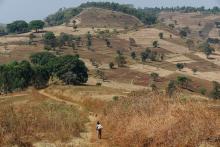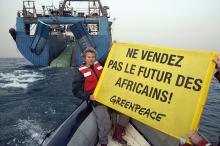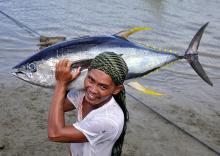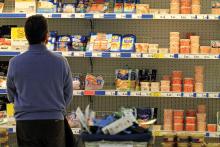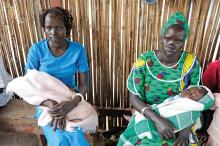Land Library
Welcome to the Land Portal Library. Explore our vast collection of open-access resources (over 74,000) including reports, journal articles, research papers, peer-reviewed publications, legal documents, videos and much more.
/ library resources
Showing items 1 through 9 of 19.The Portfolio Committee’s Content Advisor provided a summary of the key financial and performance recommendations contained in the 2013/14 Budgetary Review and Recommendations Report, and described those that had been brought to the attention of the Minister of the Department of Agriculture, Fore
The preservation, development and sustainable use of agricultural land are of vital importance to ensure longterm food security in South Africa.
Fishery plays a crucial role in poverty and hunger alleviation. It is therefore all the more important to secure the long-term conservation of fish stocks as a natural resource and to ensure fair access to them.
The global demand for fish and fish products is continuously increasing. However, fisheries management is still insufficient, leading to over-exploitation, illegal fishing and massive post-harvest losses. Our authors describe what has to be done.
A project run by the WWF has set itself the goal of transforming Philippine tuna fisheries towards more sustainable practices, securing the livelihoods of the small-scale fishers in the long term. European buyers who have committed to source from them provide the necessary incentives.
The multitude of certification schemes in seafood production has assumed massive dimensions, posing considerable challenges for all actors in the supply chain. Here, the Global Sustainable Seafood Initiative seeks to provide a remedy.
Often with just one or two ponds managed by a single person or family, smallholders make up an important share of the world’s seafood production. So why are by far the minority of certified aquaculture operations smallholders?
With its Guidelines for Securing Sustainable Small-Scale Fisheries (SSF Guidelines), FAO has created a tool that is to help small-scale fisheries stakeholders empower themselves. Our authors describe its strengths and weaknesses and how it is being put into practice.
Sailing out to sea in the morning and returning without a catch in the evening is now a thing of the past for many Indian fishermen. A satellite-based information system shows where they can find rich fishing grounds.


